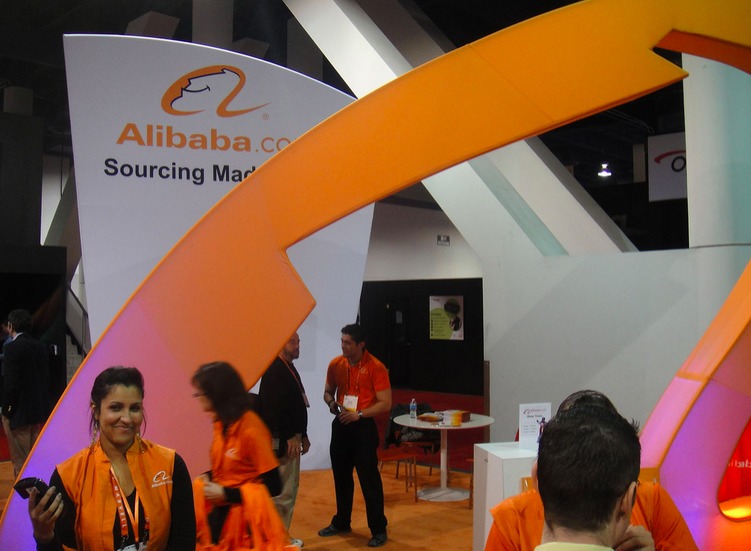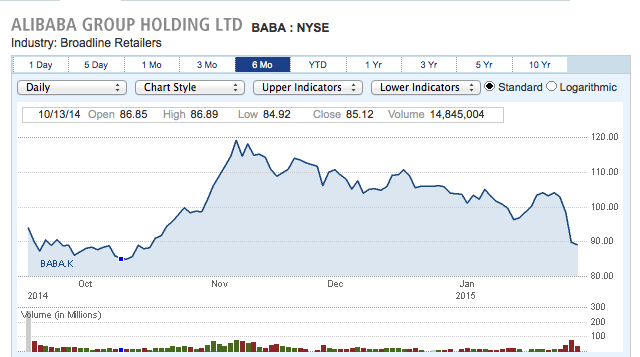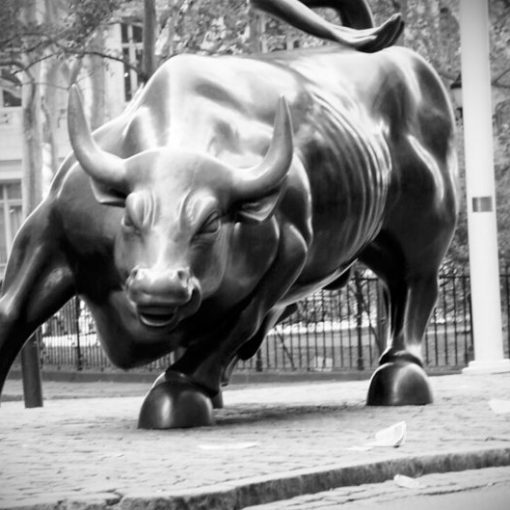Chinese e-commerce giant Alibaba Group Holdings (BABA) raised $25 billion last September on the New York Stock Exchange in the world’s biggest initial public offering ever.
Investors who bought shares early have done well: The stock is up about 30% from its IPO price of $68 per share.

Yet this year some of the Alibaba euphoria is waning. As of February 2, the stock is down 14% on the year.

Here are three near-term challenges facing Alibaba, a waterfront Net play that has exposure to everything from business-to-business web portals, online retail, shopping search engines and cloud computing.
Earnings Miss
Alibaba, founded by Jack Ma, a former English teacher from the eastern Chinese city of Hangzhou, is growing at a torrid pace.
However, its latest earnings missed analyst targets on several fronts.
Third quarter revenue grew 40%, but missed analyst estimates for mobile ad revenue and overall revenue growth.
As a result, the stock fell as much as 10% on January 29 after results were released.
What’s not to like about 40% revenue growth, you may ask? It’s a strong number, but not strong enough to justify a value market capitalization that earlier this year was a staggering $259 billion—equal to around 36 times forward earnings.
Also worrisome is the general deceleration in the Chinese economy. The world’s second biggest economy is no longer growing at double-digit rates.
In 2014, the Chinese economy grew 7.4%, the weakest performance since 1990.
Lockup period
True, the stock is now trading around $90 per share, instead of recent highs of $120 per share back in November.
But it’s hard to go bargain hunting given the coming expiration of a post-IPO lockdown period on share sales.
Insiders could sell as much as 429 million shares, or 17% of the company’s outstanding shares starting in March.
Until that huge overhang of potential selling pressure is removed, investors have reason to be cautious.
Beijing
Finally, while Jack Ma is one of the richest people in China with a net worth of $36 billion, he’s not the most powerful.
That would be Chinese President Xi Jinping, whose government has been critical of Alibaba’s business practices.
The State Administration for Industry and Commerce (SAIC), a powerful Chinese regulator, recently accused Alibaba’s e-commerce websites of selling fake or substandard products.
The risk is two-fold. Alibaba faces a reputational hit if the allegations of shoddy merchandise prove true. The company denies that they are.
Even worse, investors would not like to see Alibaba get into a long-running feud with Chinese government. That would weigh on the stock price going forward.
Takeaway
Alibaba is still a potentially attractive proxy play for all things Internet in China.
The company is a Chinese mashup of eBay (EBAY) and Amazon (AMZN).
However, there are signs its growth is decelerating and Alibaba shares could be vulnerable to stock sales by insiders.
It looks like Alibaba’s post-IPO honeymoon is quickly drawing to a close.
Continued Learning: 7 ways to prosper from the China slowdown
Photo Credit: popculturegeek via Flickr Creative Commons
DISCLAIMER: The investments discussed are held in client accounts as of January 31, 2014. These investments may or may not be currently held in client accounts. The reader should not assume that any investments identified were or will be profitable or that any investment recommendations or investment decisions we make in the future will be profitable. Past performance is no guarantee of future results.



